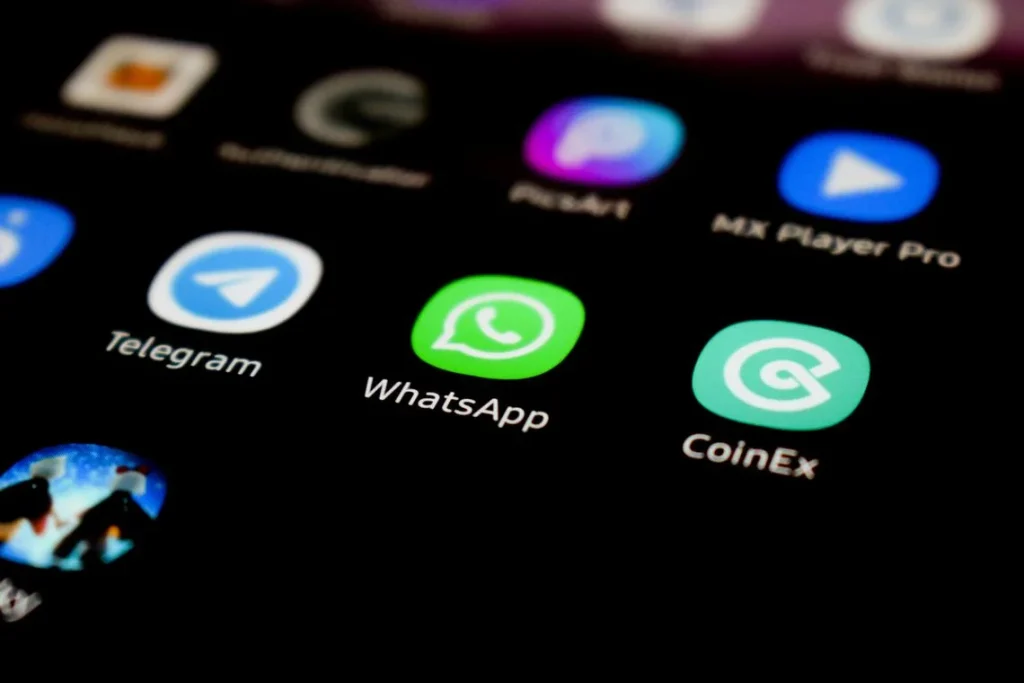Russia has restricted voice and video calls on Telegram and WhatsApp, citing security concerns.
The Digital Development Ministry announced the measures on Wednesday, August 13, 2025.
The restrictions, effective since August 11, disrupt Telegram calls and cause distorted or no sound on WhatsApp calls.
Messaging functions remain unaffected, but the move signals tighter internet control.
Accusations Against Tech Platforms
The ministry accused Telegram and WhatsApp of refusing to share data with authorities for fraud and terrorism investigations.
Russia demands that both platforms establish local offices, cooperate with regulators, and grant law enforcement access to user data.
Failure to comply has led to partial call restrictions, with officials promising to lift the ban if the platforms adhere to Russian law.
Push for Digital Sovereignty
President Vladimir Putin supports a state-backed messaging app, Max, integrated with government services.
This aligns with Russia’s “digital sovereignty” push to reduce reliance on foreign tech, intensified since the 2022 Ukraine invasion.
Posts on social media, highlight Max’s rollout, with some claiming it could replace WhatsApp, used by over two-thirds of Russians, while critics warn Max may enable user surveillance.
Meta’s Status and Market Pressure
Meta, WhatsApp’s parent company, was labeled an “extremist” organization in 2022, yet WhatsApp operates in Russia. Some lawmakers, like Anton Gorelkin, argue WhatsApp should exit the market entirely.
Reports suggest Russia may slow WhatsApp’s speeds to push users toward Max, raising concerns about increased censorship and restricted access to independent information.
Broader Internet Control Concerns
Rights groups, including Human Rights Watch, warn Russia is tightening internet control. Recent laws criminalize accessing “extremist” content, escalating risks for users.
The partial call restrictions follow reported tests on August 10, 2025, amid efforts to create a “sovereign internet.” Critics fear these measures aim to suppress dissent and limit global connectivity.






















